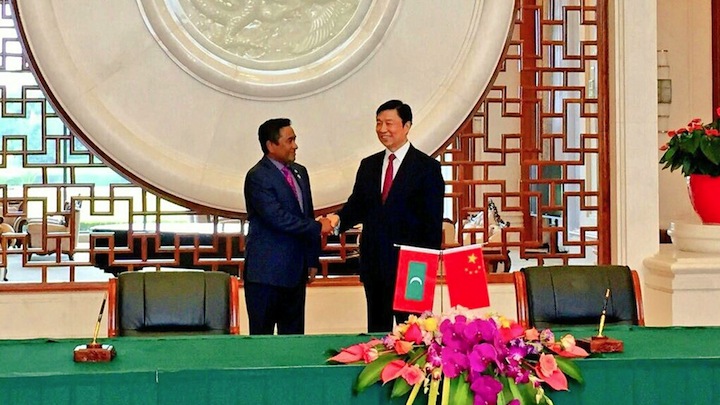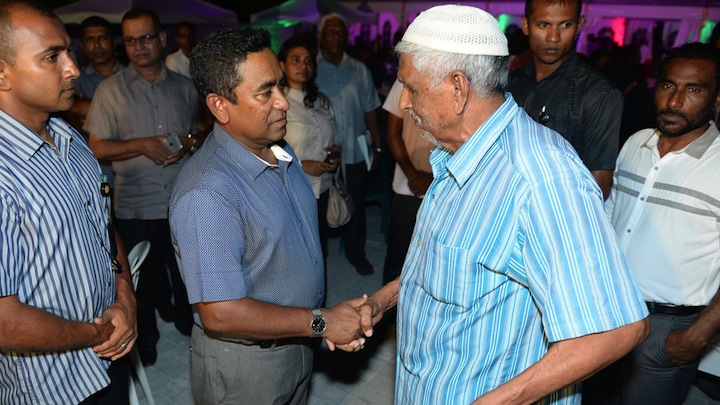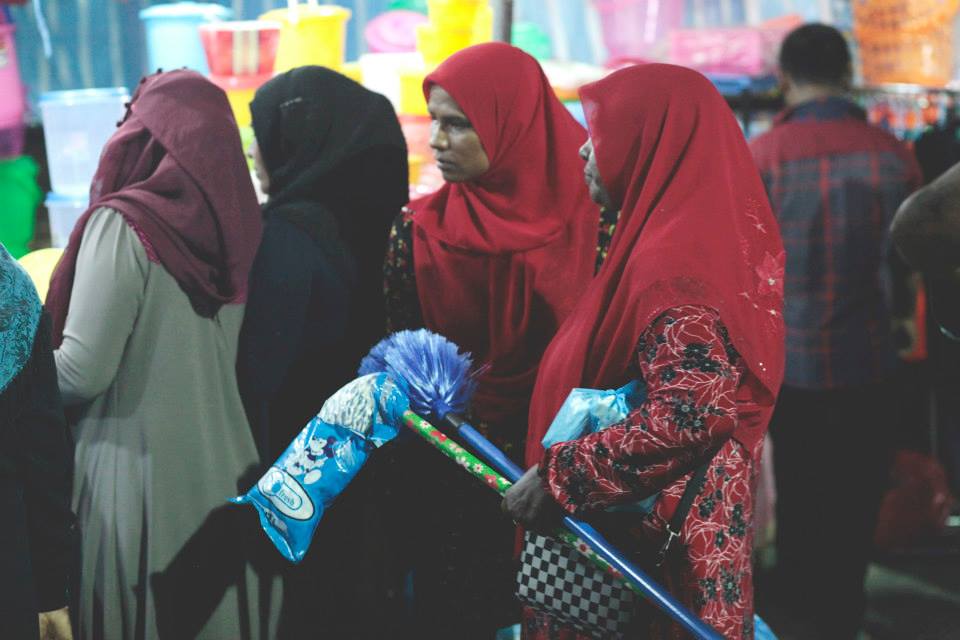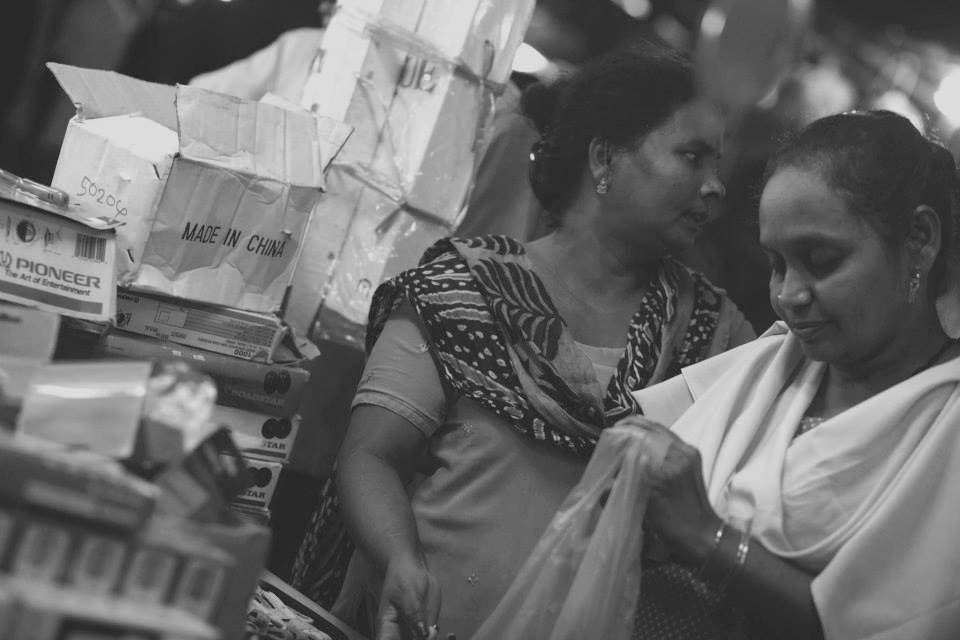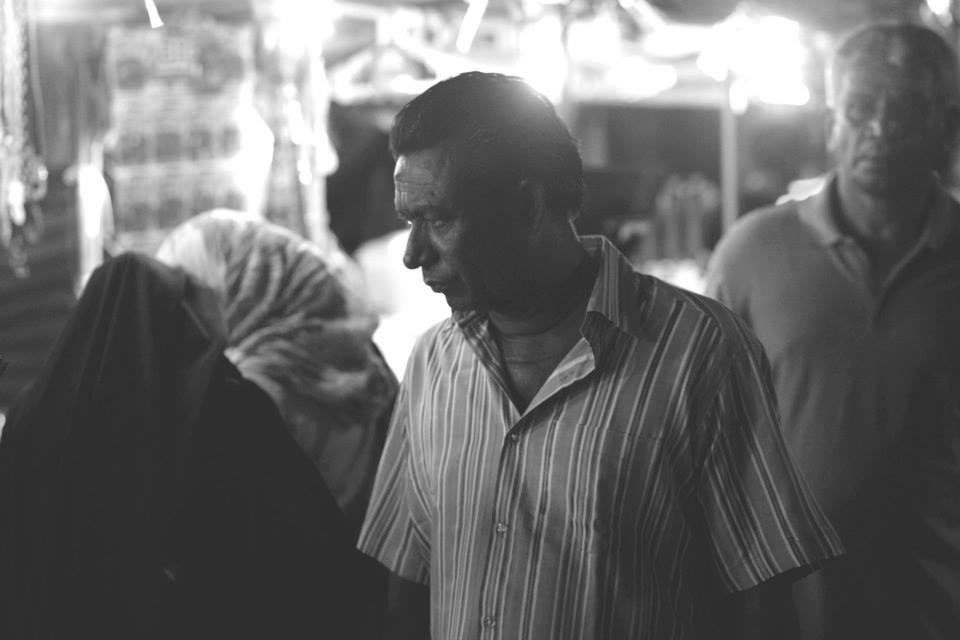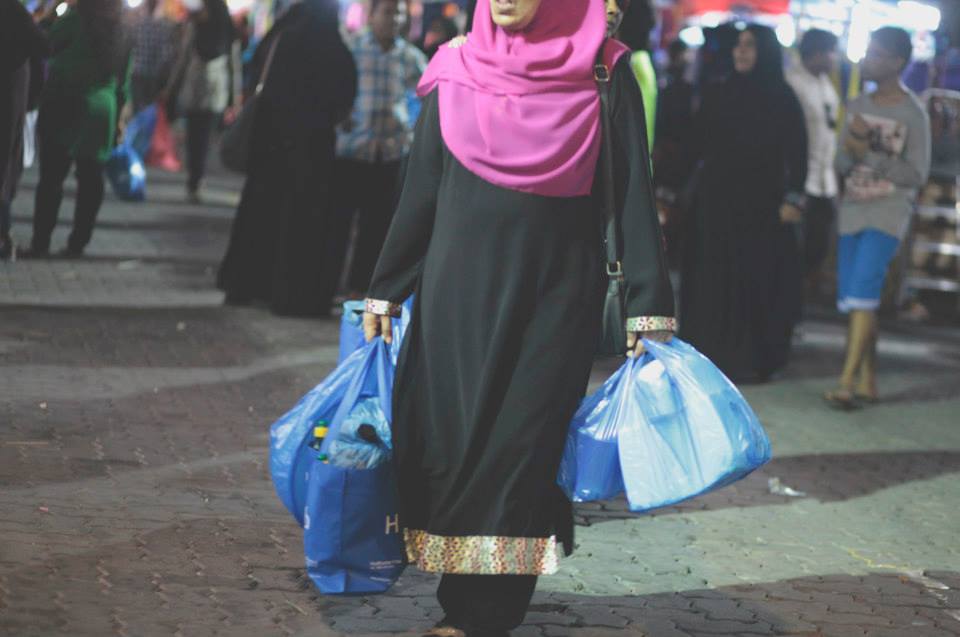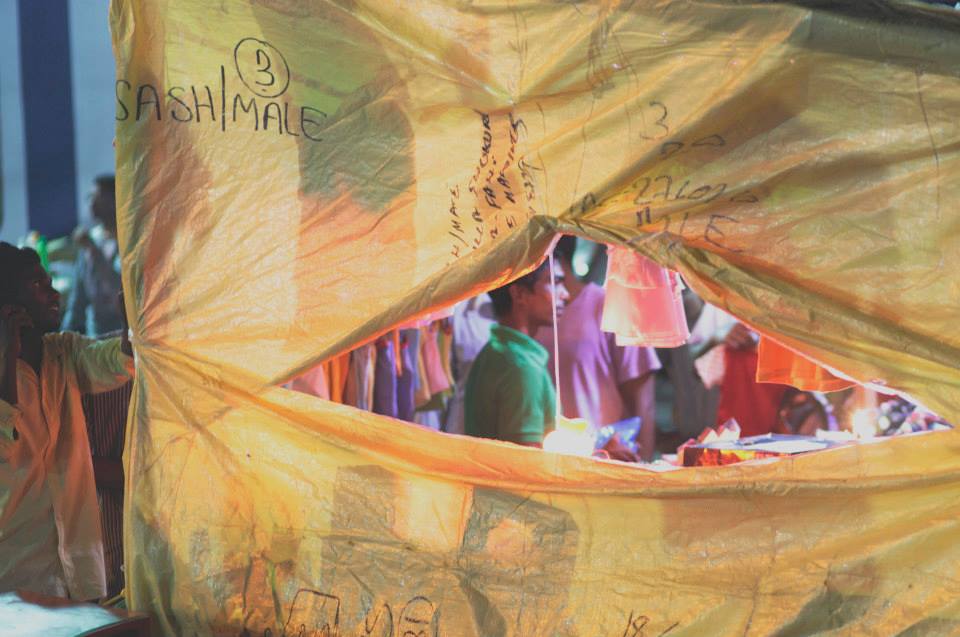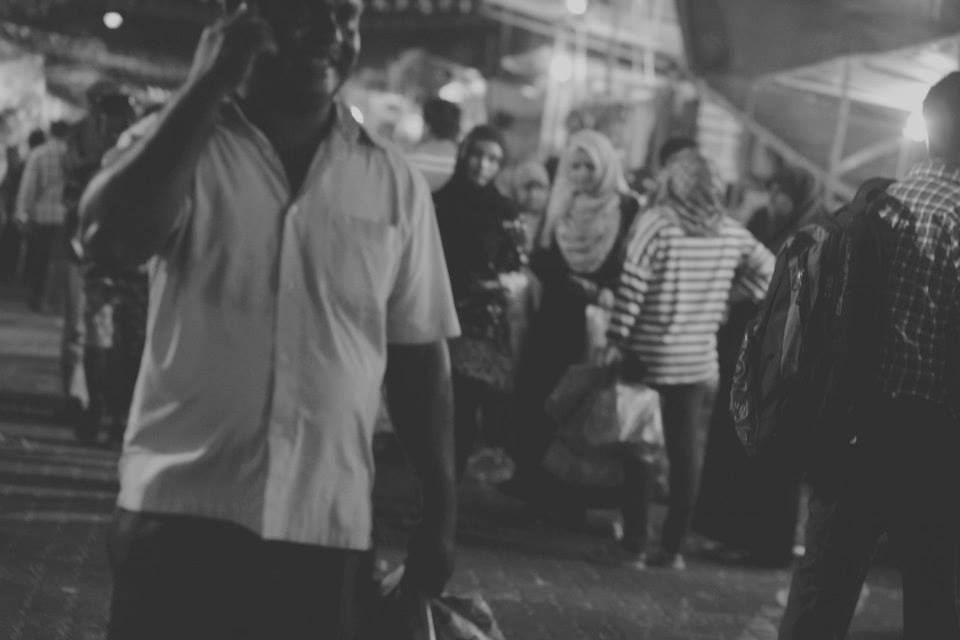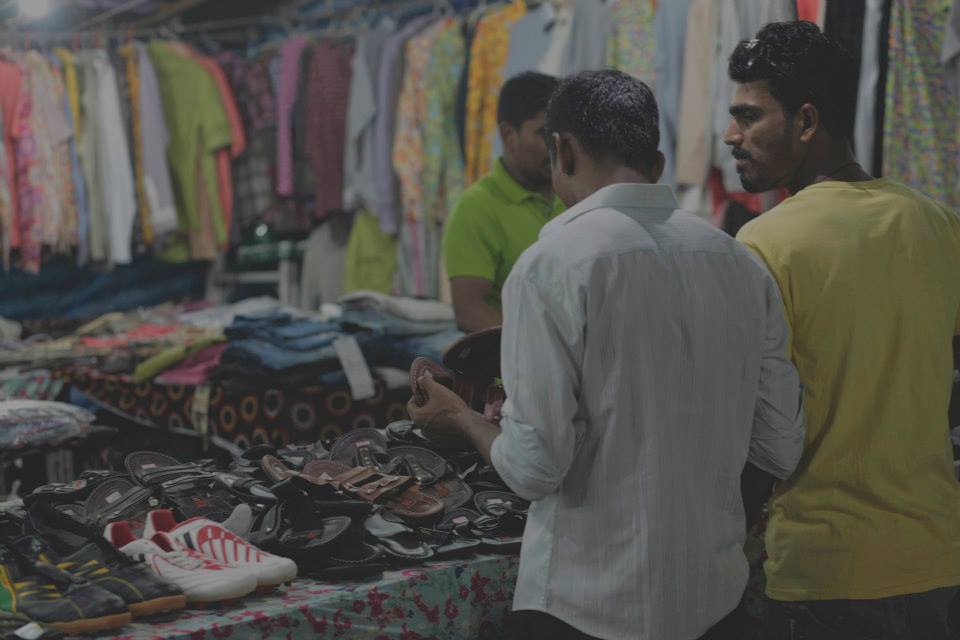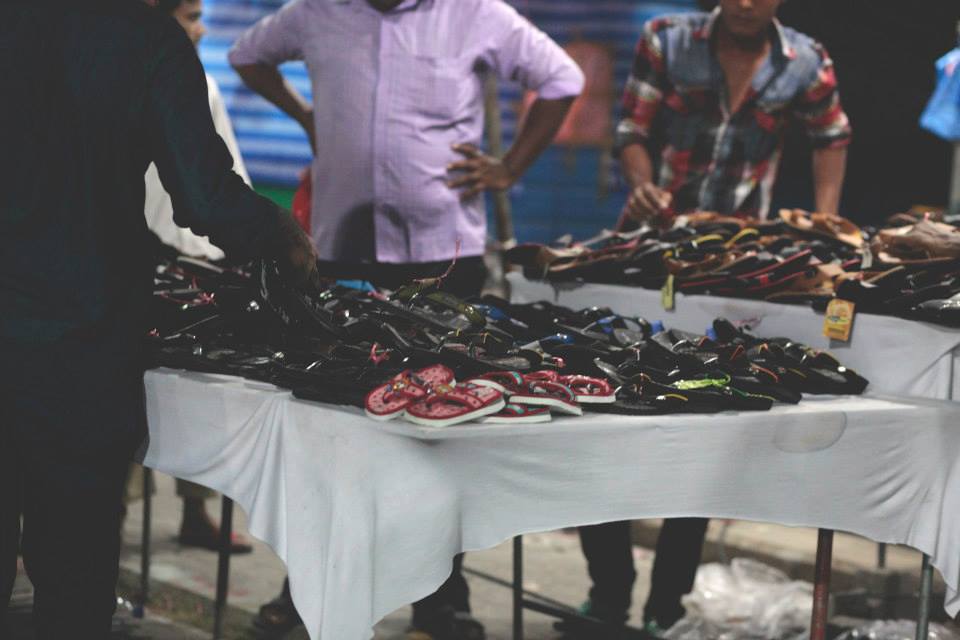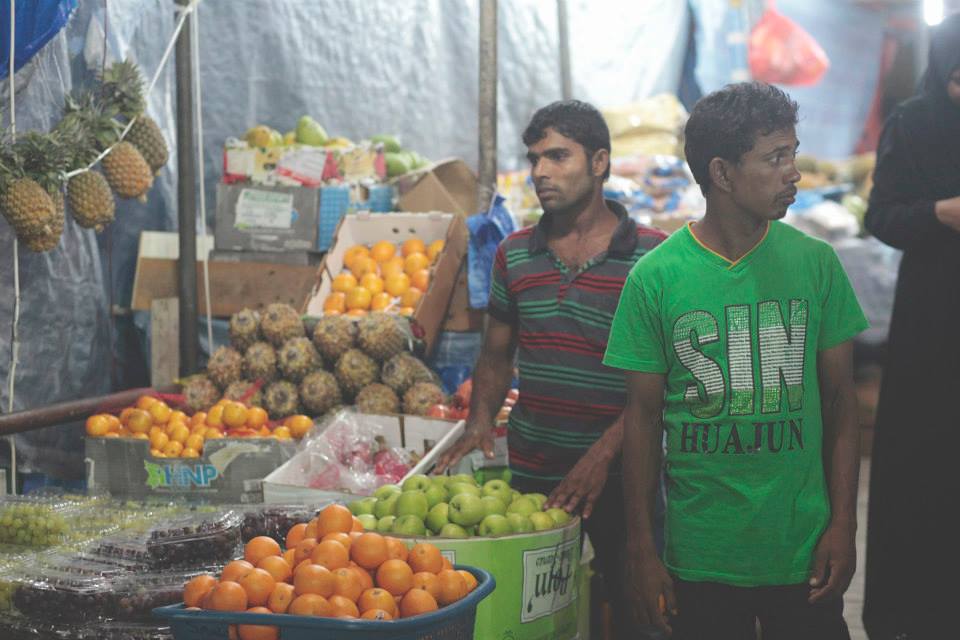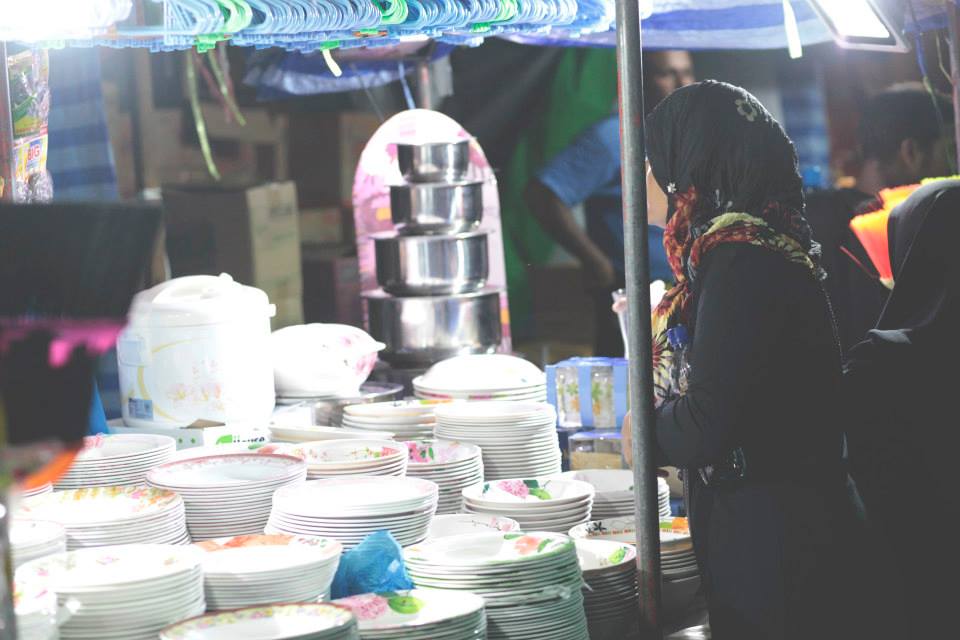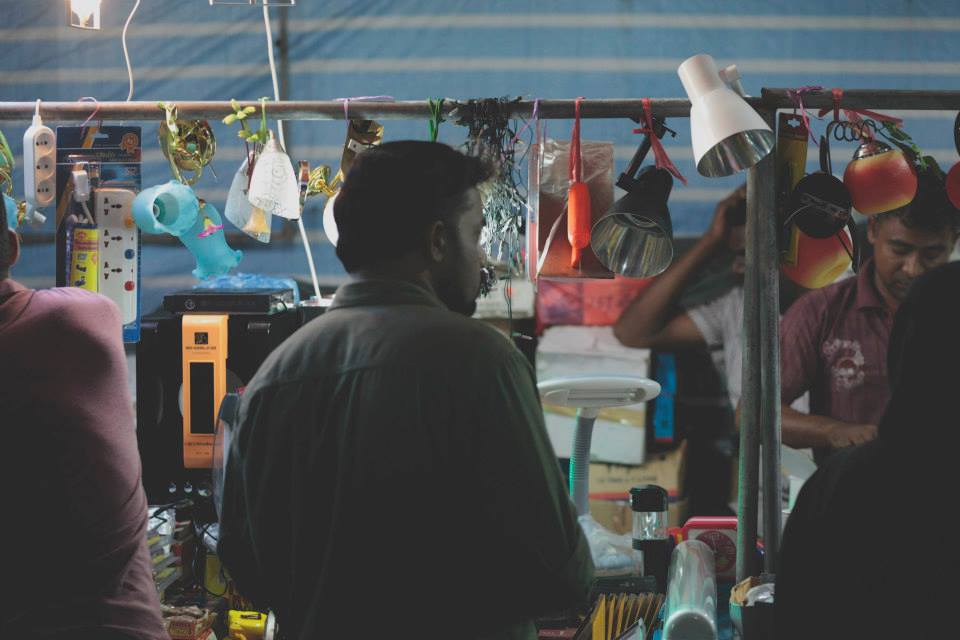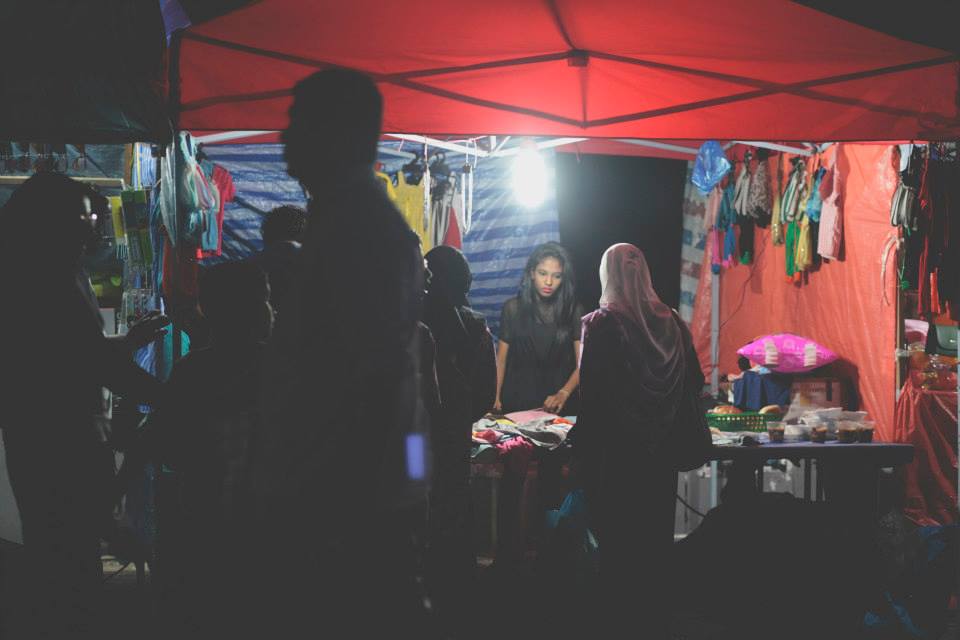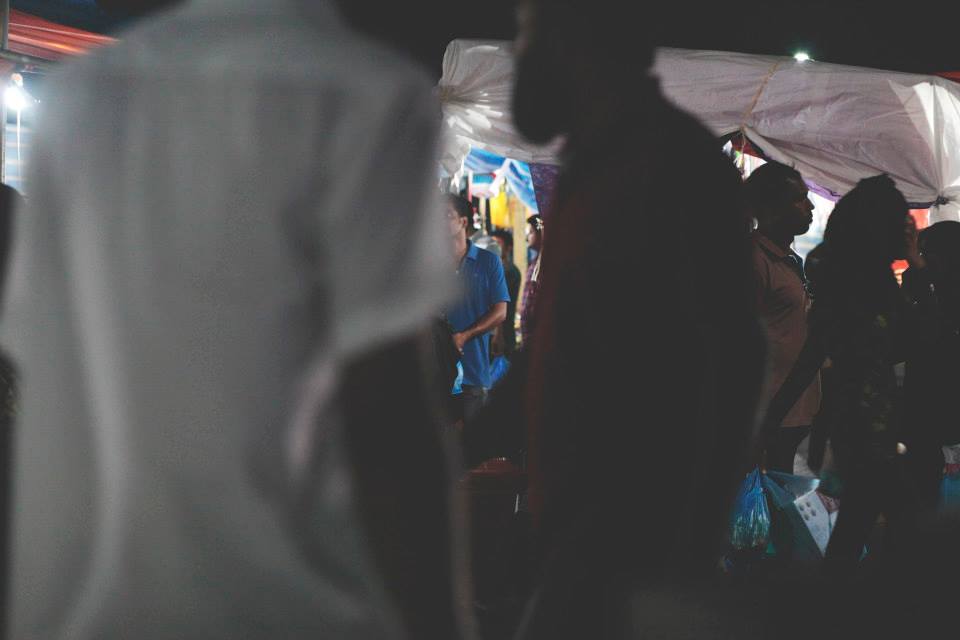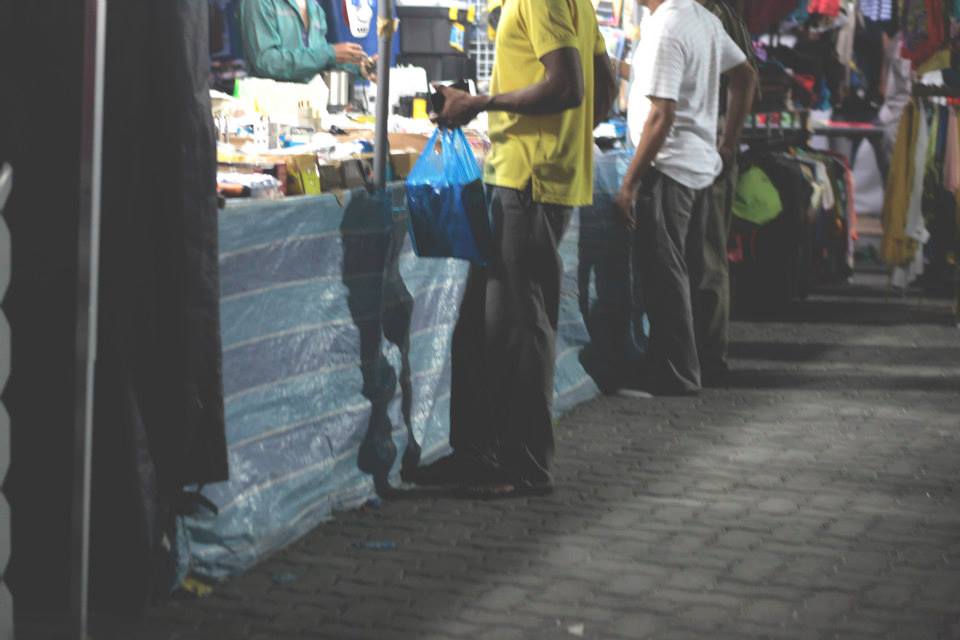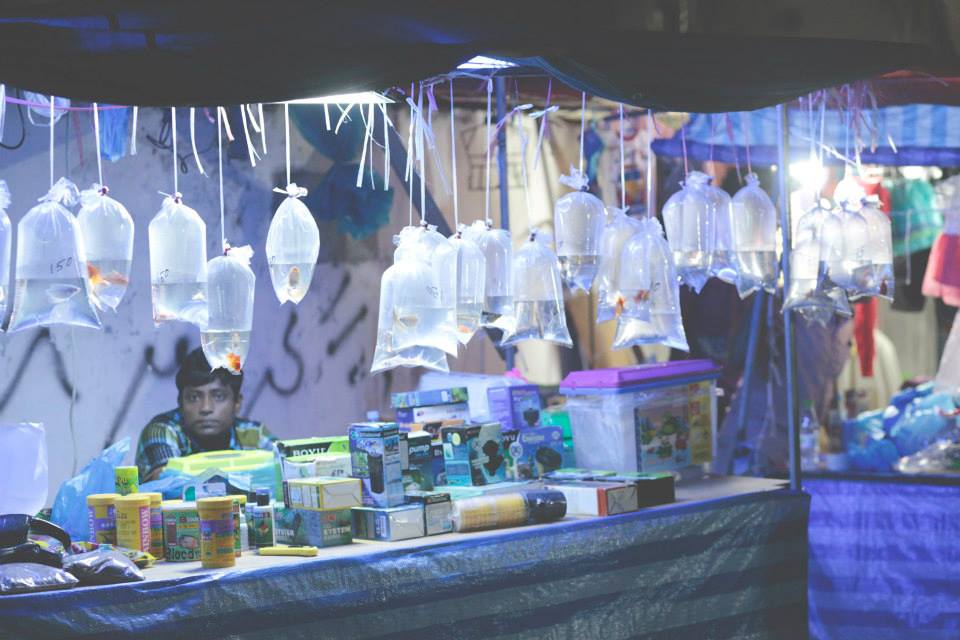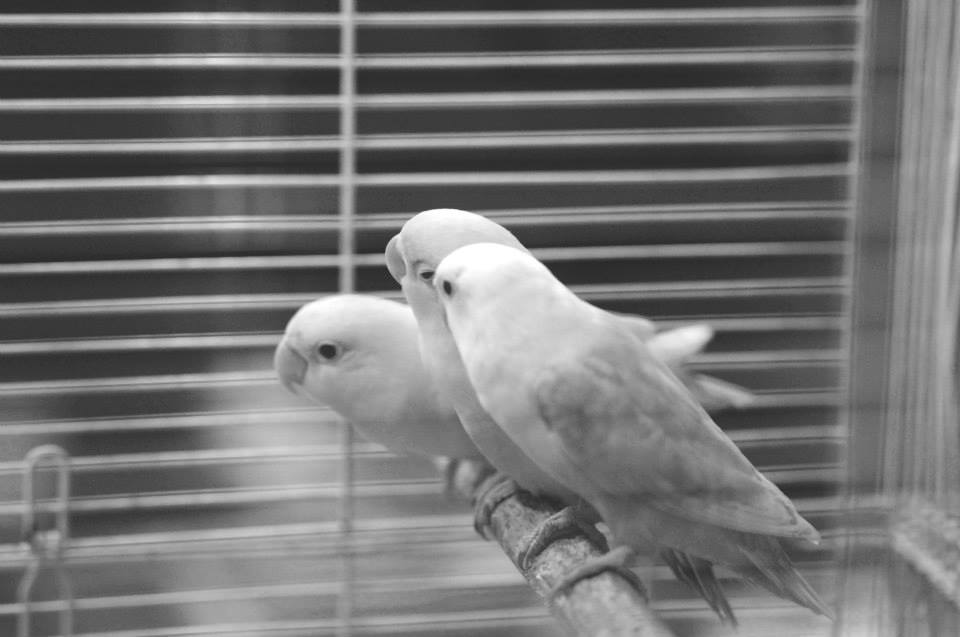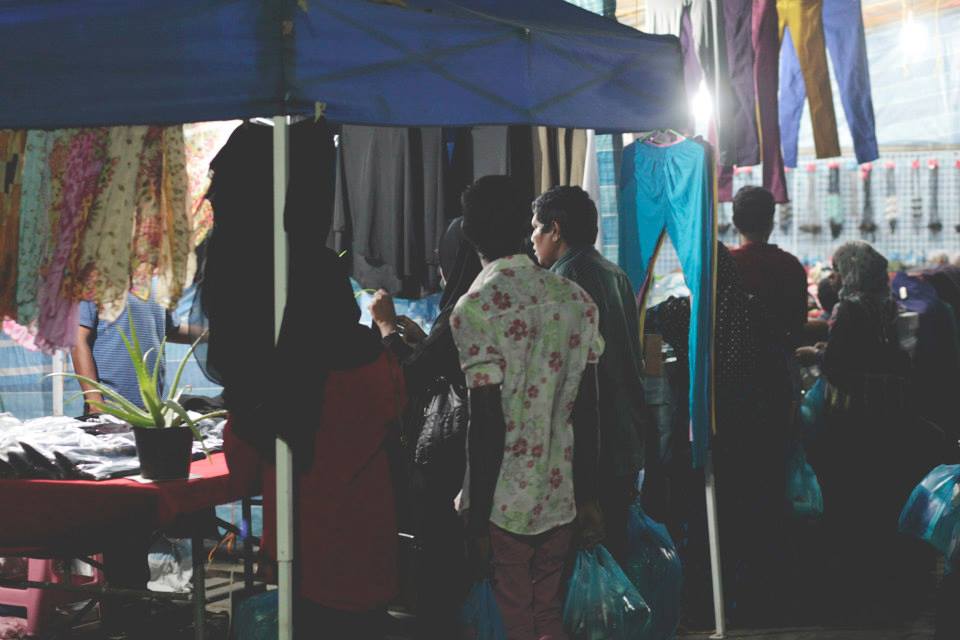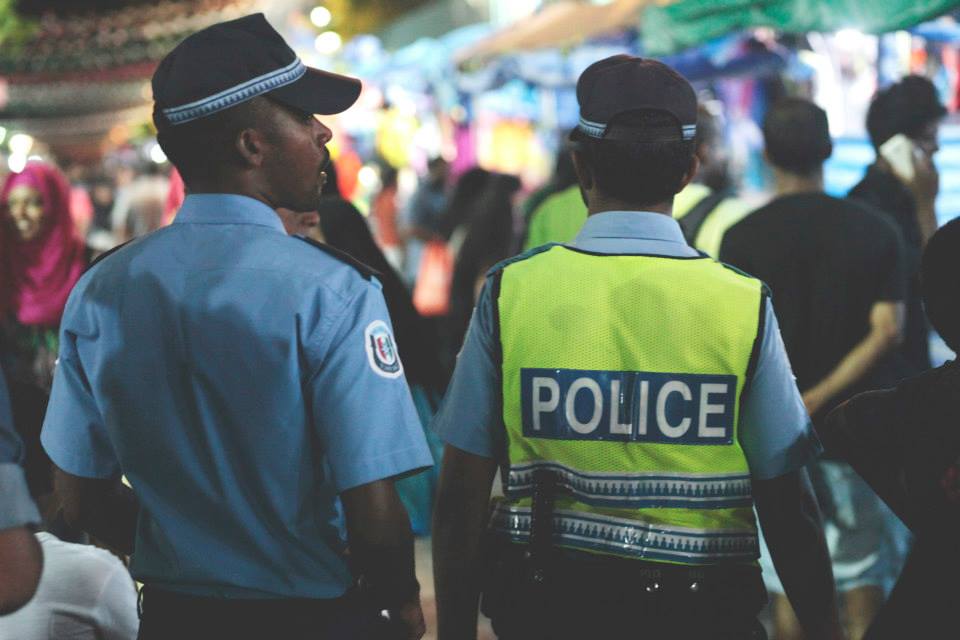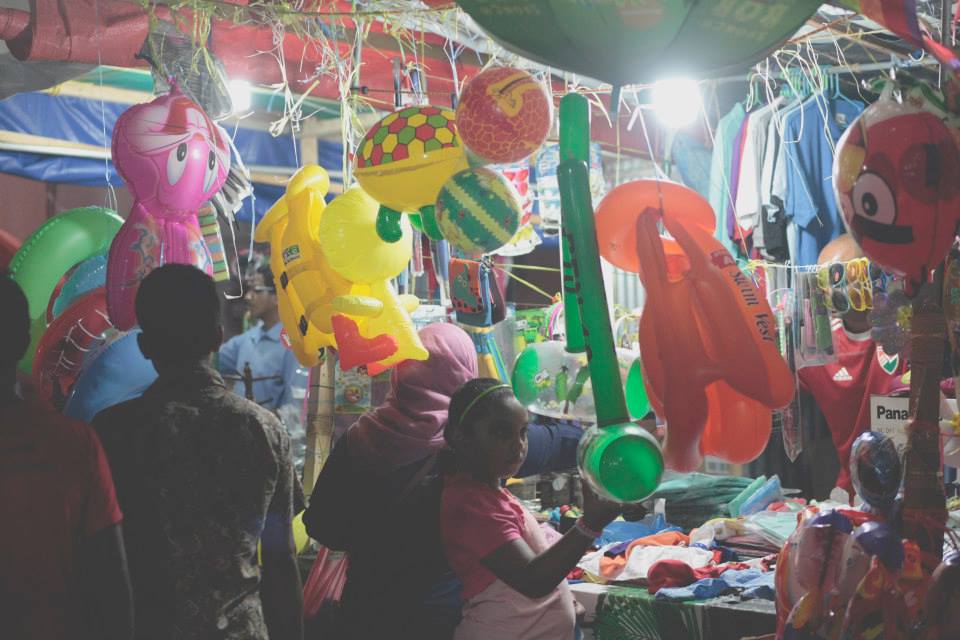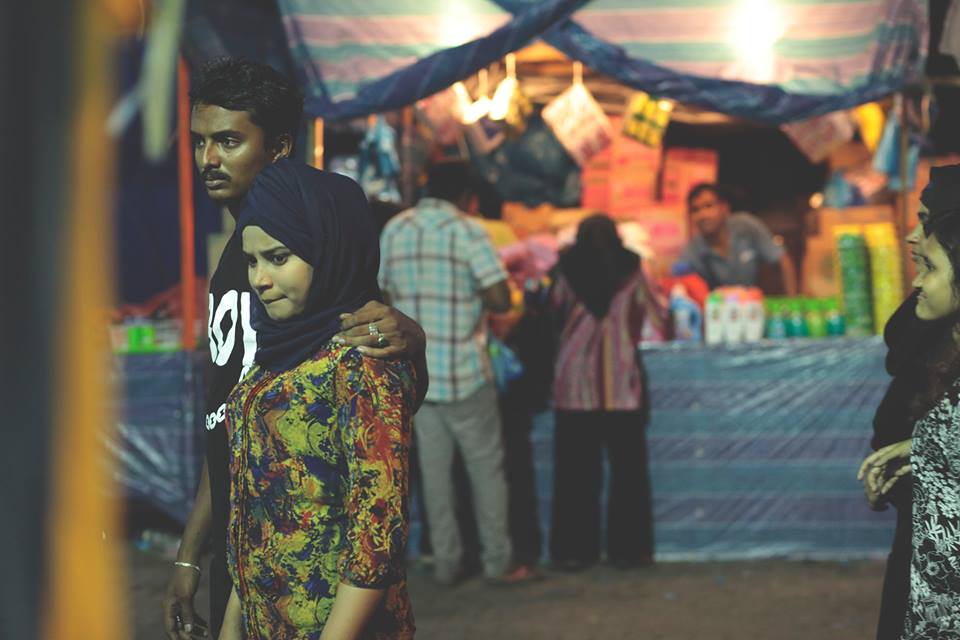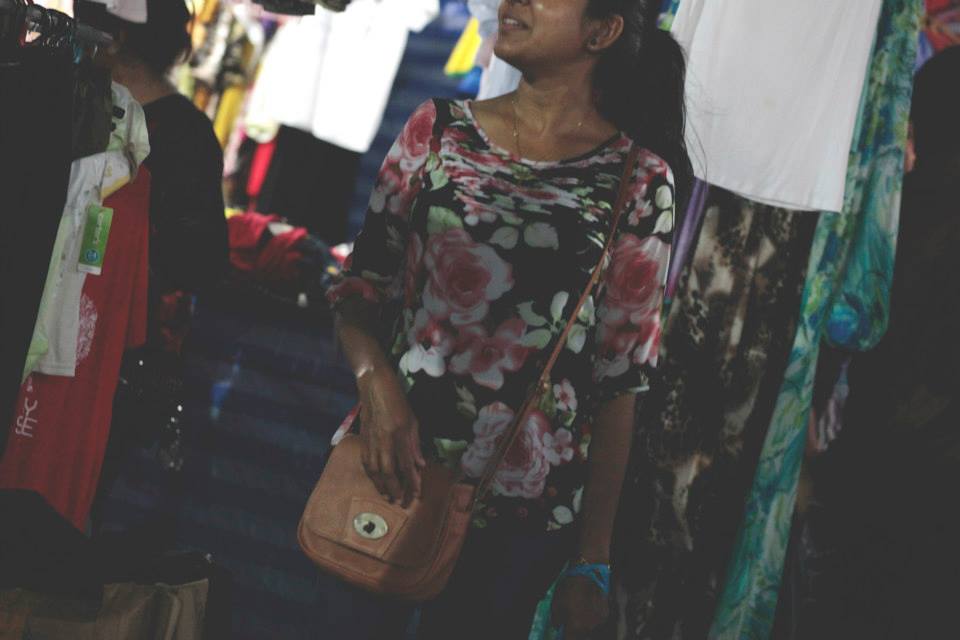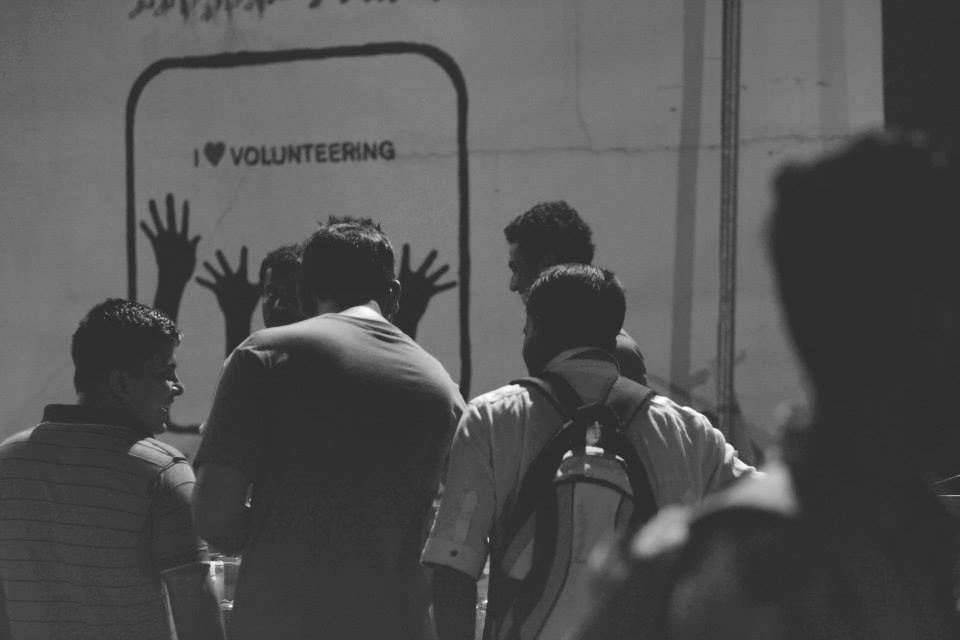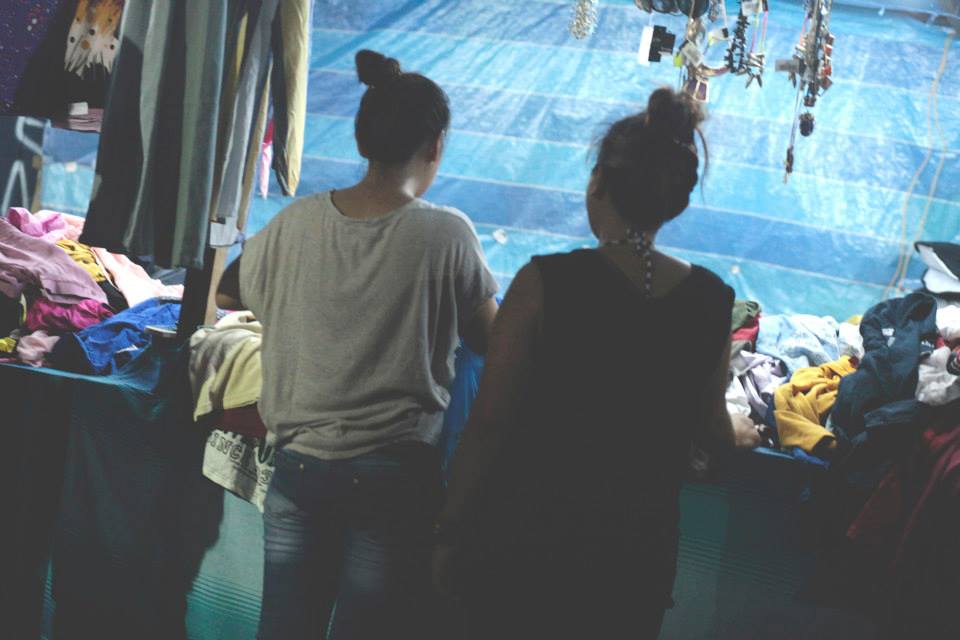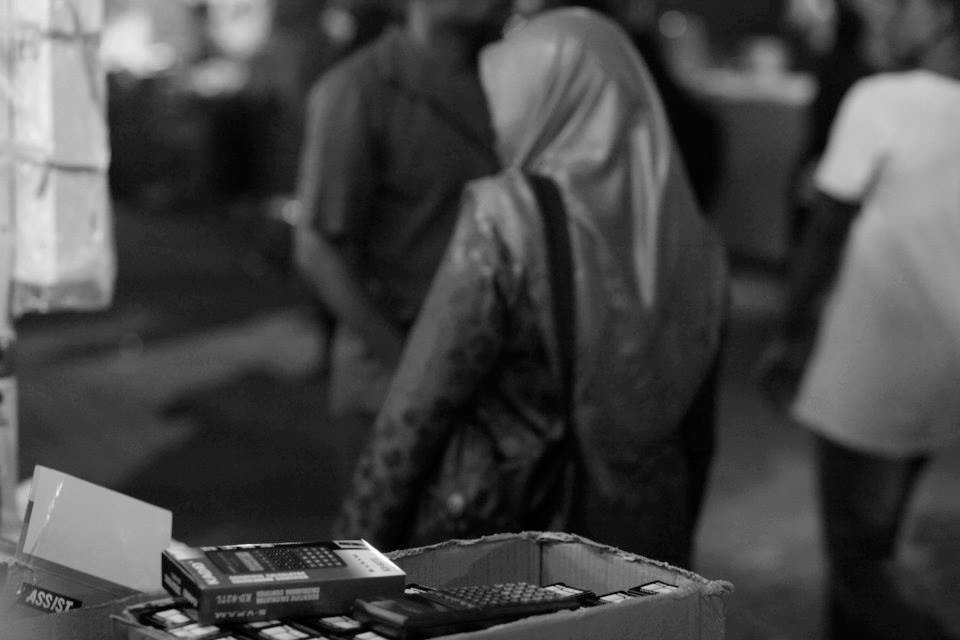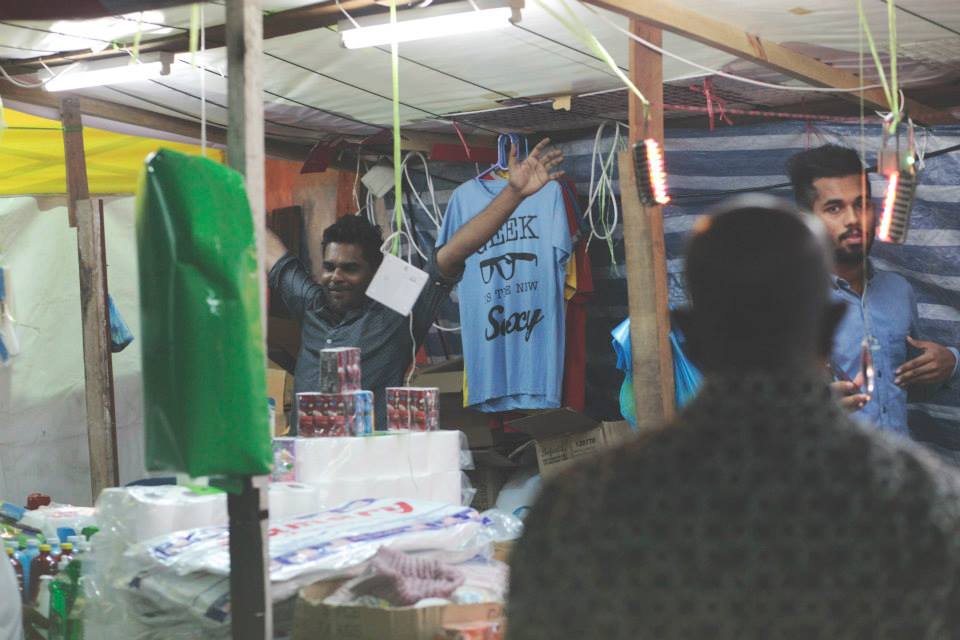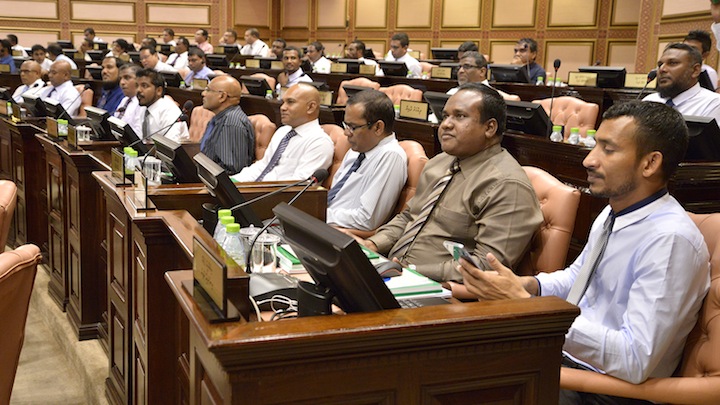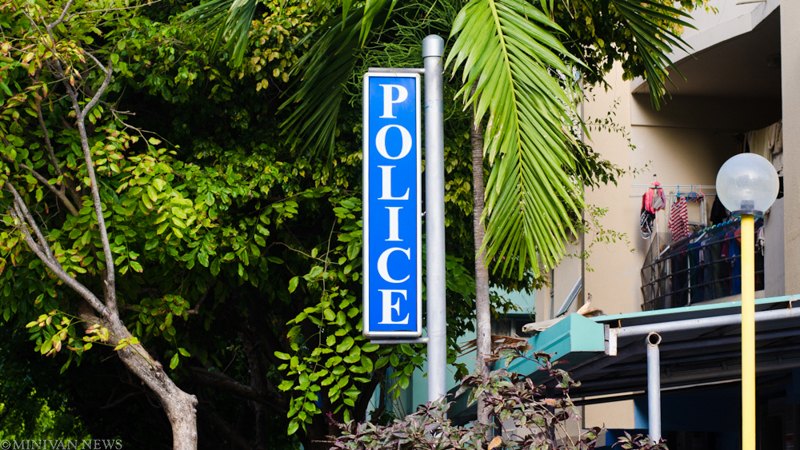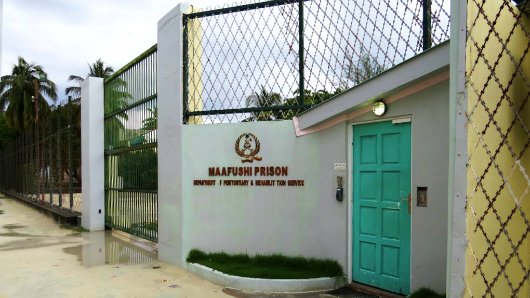An agreement was penned today during President Abdulla Yameen’s visit to China for carrying out the ongoing feasibility survey of the Malé-Hulhulé bridge project with Chinese grant aid.
The “agreement on the economic and technical cooperation of grant” was signed after a meeting between President Yameen and Chinese vice president Li Yuanchao, according to the president’s office.
Speaking to reporters prior to departing to China last night, president’s office minister Mohamed Hussain Shareef said “a large portion” of the bridge project will be financed through Chinese free aid and the rest through concessional and commercial loans.
Along with the feasibility report, Shareef said the Chinese government will present options for building the bridge as well as the estimated cost for each option.
The government has previously said the project will cost between US$100 million and US$150 million.
China has previously said it would ‘favorably consider financing’ the bridge if the design proves feasible. The economic council has said the six-mile bridge will have six lanes and will span from Malé’s eastern edge to the western corner of Hulhule, where the airport is located.
Last month, a team of Chinese technicians began drilling bore holes on the ocean floor to gather information for the feasibility survey.
Shareef said last night that in his meeting with the Chinese vice president, President Yameen will discuss financing for the bridge project, projects in the Maldives under the Chinese maritime ‘Silk Route’ initiative and expediting a US$40 million loan from the Chinese EXIM bank for developing the international airport.
The government has previously said a total of US$600million is needed for the project. Although the economic council first said they will borrow the funds from China and Japan, the fisheries minister in March said Saudi Arabia had assured loan assistance at a low interest rate for airport development.
Shareef is accompanying President Yameen during his visit to China along with economic development minister Mohamed Saeed and representatives from Maldivian businesses. The president departed on Wednesday morning to attend the 3rd China-South Asia Exposition, and the 23rd Kunming Import and Export Commodities Fair.
The president is due to deliver a keynote address at the joint opening of the fairs. The fairs will take place from June 12-16.
According to state broadcaster Television Maldives, a symposium was held at the Grand Park Hotel in Kunming today to share information with Chinese investors.
More than 80 companies from the Yunnan province participated in the ‘Invest Maldives Symposium,’ said economic development minister Saeed.
An ‘Invest Maldives’ page was launched on Chinese social media network Weibo during the symposium as part of “promotional efforts” for an investment forum to be held in Beijing, Saeed said.
Businesses in the Yunnan province expressed interest in carrying out renewable energy projects in the Maldives, he added.
Shareef meanwhile said the Chinese government will cover almost all of the expenses for organising the investment forum in October. While sponsors funded the first investment forum held in Singapore last year, Shareef said the government covered some costs.
Following an official state visit to China in August last year, President Yameen said the likelihood of the bridge project being awarded to a Chinese company was “99 percent” and that “a large portion” of the project would be financed through free or concessional aid from China.
In a historic visit the following month, Chinese President Xi Jinpeng said he hoped the government would call the bridge “the China-Maldives friendship bridge”.
